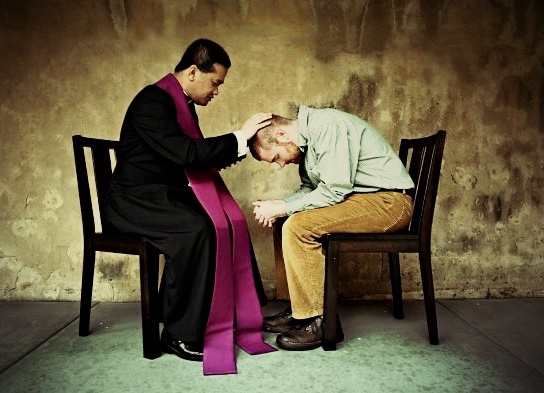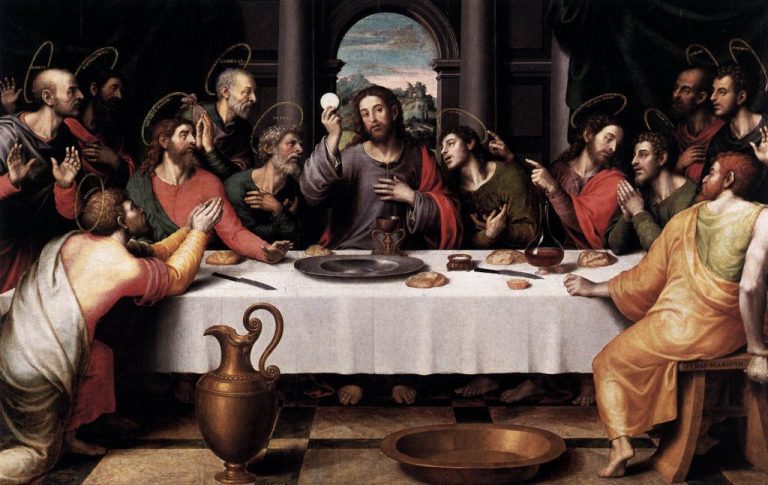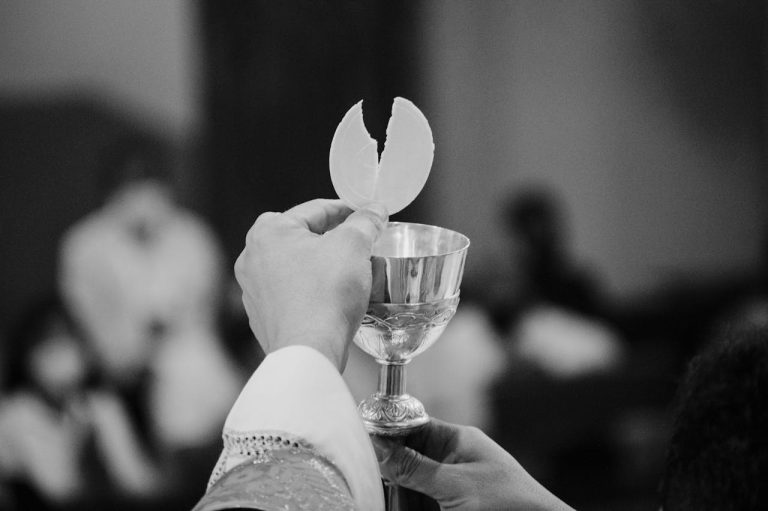Shouldn’t we count our birthdays backwards? When someone asks “How old are you?”, they’re asking for information that’s basically history. When we are asked how old we are, we usually answer conventionally, saying that “I am ___ years old.” We expect others, when we ask, to give similar answers.
To do the best job we can of keeping a perspective on ourselves and our progress, it’s better to be more concerned with, “How many years do I have left?”
This requires some actual, and actuarial, thinking. We need to figure out our parent’s and grandparent’s life spans, average them together, leaving out any accidental deaths, and apply that to our own life expectancy. Then, when someone says “How old are you?”, we can reply “The more important information is that I have approximately ___ birthdays remaining. What I do with those years determines how I spend all eternity. How many birthdays do you have left?”
Psalm 90; 12 confirms that this is the way we should think about how old we are: “Teach us to count how few days we have (left), and so gain wisdom of heart.” So, this Catholic Fundamentalism teaching is confirmed in Scripture. Every day that passes leaves us one less chance to better do His will for us. I hate writing this, knowing as I do that I am setting myself up for harsher Judgment: “You KNEW that you should do better every day, and you did not. What possible excuses could you have for your ongoing failure?”
My only excuses, and yours, are that we thought something else was more important than obeying Him. That’s not a very good excuse, but it does lead to one helpful conclusion: I know that I can’t make excuses, but can only ask The Judge for mercy. We are all agreed on one theological point; where our own sins are concerned, mercy is vastly preferable to justice and there is no end to the mercy He may give to those who ask for it.
Love is realizing that we should ask that our neighbors be shown the same mercy we know that we need to be granted for our own eternal salvation.








